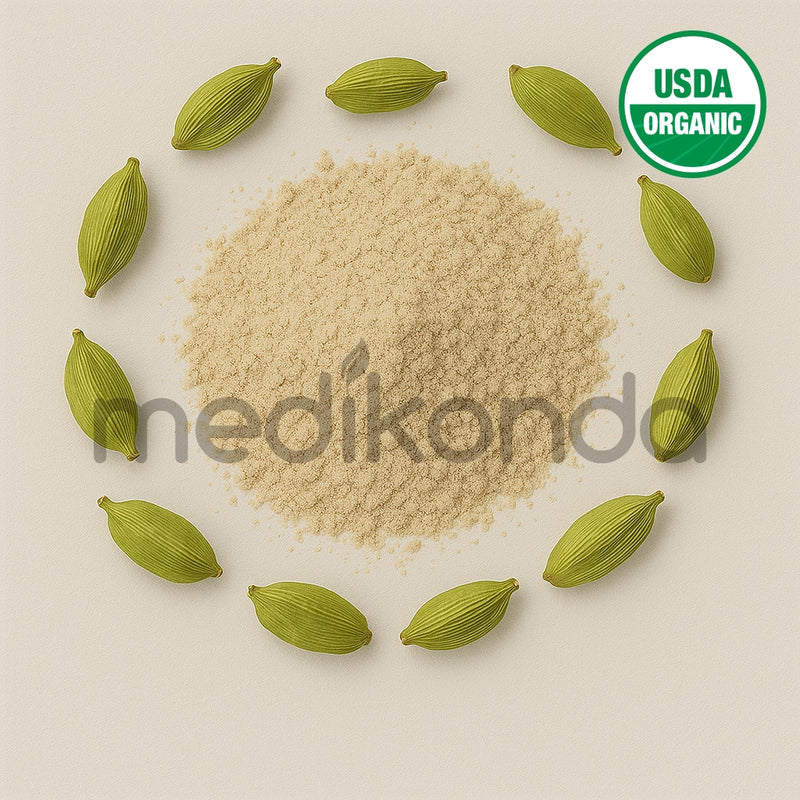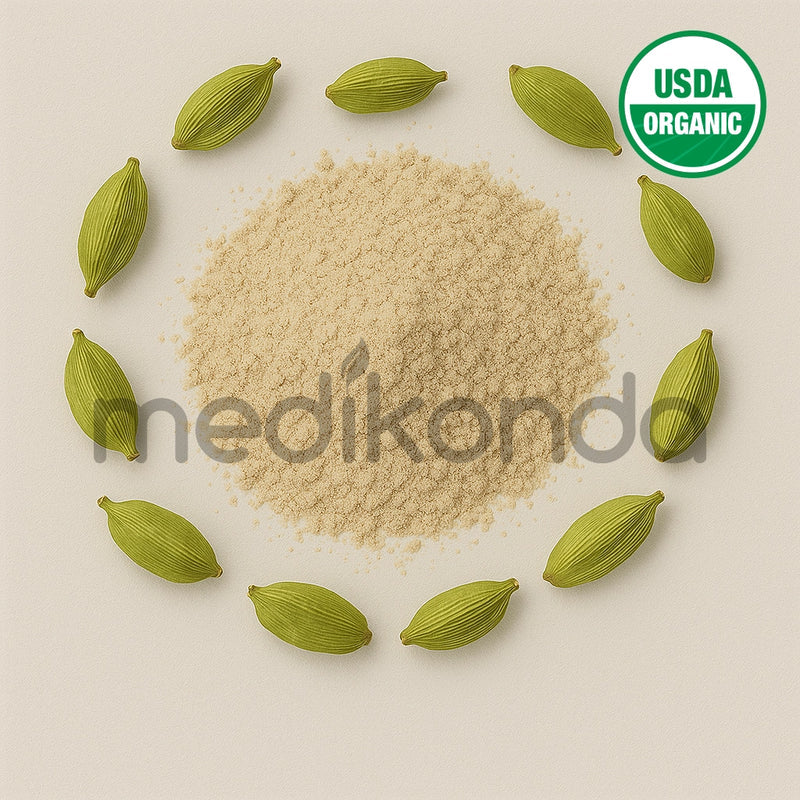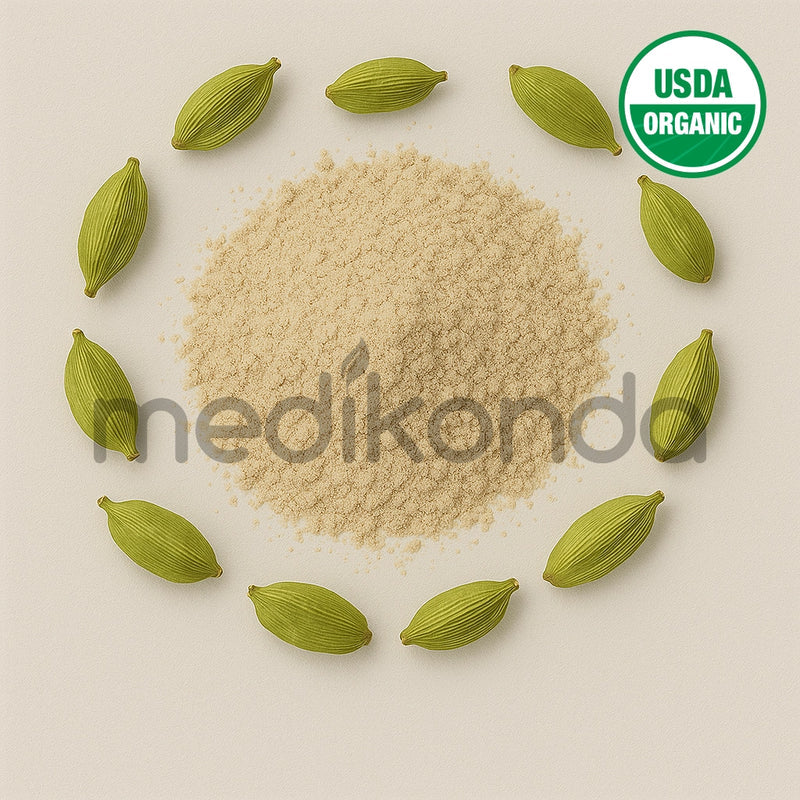Add description, images, menus and links to your mega menu
A column with no settings can be used as a spacer
Link to your collections, sales and even external links
Add up to five columns
Add description, images, menus and links to your mega menu
A column with no settings can be used as a spacer
Link to your collections, sales and even external links
Add up to five columns
LOOKING FOR BULK INGREDIENTS PRICING?
GET INSTANT QUOTEwhat ingredient are you looking for?

Benefits of Black Salt - Wholesale B2B Bulk Suppliers in Australia and New Zealand
Black Salt: The Ancient Mineral with Unique Flavor and Health Benefits
What is Black Salt?
Black salt, also known as Kala Namak or Himalayan black salt, is a type of rock salt prized for its distinctive taste, aroma, and color. Unlike regular table salt, black salt has a reddish-brown to dark purple hue due to its mineral content, including trace amounts of iron, sulfur compounds, and other minerals.
Widely used in South Asian and Middle Eastern cuisines, black salt imparts a unique smoky, sulfurous flavor that enhances dishes and offers several traditional health benefits.
Origins and Composition
Black salt is traditionally harvested from salt mines in the Himalayan region and undergoes a process of heating and mixing with charcoal, herbs, and seeds, which contributes to its characteristic color and smell.
Its main components include:
-
Sodium chloride
-
Sulfur compounds (responsible for the egg-like aroma)
-
Iron
-
Trace minerals like potassium, magnesium, and calcium
Culinary Uses of Black Salt
-
Integral to Indian chaat and street foods for a tangy, savory kick
-
Used in vegan cooking to mimic the flavor of eggs
-
Added to fruit salads, chutneys, raitas, and spice blends
-
Sprinkled on snacks for a flavorful twist
Its distinctive taste can elevate dishes without overpowering them, making it popular in many regional recipes.
Health Benefits of Black Salt
1. Aids Digestion
Black salt is traditionally believed to stimulate digestive enzymes, helping alleviate indigestion, bloating, and heartburn.
2. Rich in Minerals
Unlike refined table salt, black salt contains essential minerals like iron, magnesium, and potassium, contributing to electrolyte balance and overall mineral intake.
3. Low Sodium Alternative
Black salt may contain slightly less sodium than regular table salt, making it a favored option for those monitoring sodium intake.
4. Supports Respiratory Health
In traditional medicine, black salt is used in remedies to ease asthma, coughs, and other respiratory issues.
5. Balances pH Levels
Some traditional beliefs suggest black salt can help balance acid-alkaline levels in the body.
Precautions
-
Despite its benefits, black salt is still primarily sodium chloride and should be consumed in moderation.
-
People with hypertension or kidney issues should monitor their salt intake carefully.
-
Its sulfurous smell may be off-putting to some, but it usually mellows out when cooked.
How to Use Black Salt
-
Use it as a finishing salt rather than cooking salt to preserve its flavor.
-
Add a pinch to beverages like lemonade or buttermilk for a refreshing twist.
-
Sprinkle over fresh fruits or salads for an exotic taste.
-
Experiment with it in vegan recipes as an egg substitute, especially in tofu scrambles or vegan mayonnaise.
Final Thoughts
Black salt is much more than just a seasoning—it's a flavorful mineral-rich salt with centuries of culinary and medicinal history. Its unique taste and health-promoting properties make it a valuable addition to the kitchen pantry for those looking to explore authentic flavors and natural wellness remedies. Whether used in traditional dishes or innovative cooking, black salt offers a delightful way to enhance both taste and health.
For bulk orders and inquiries, visit Medikonda Nutrients - Black Salt
Medikonda Nutrients is the Largest Manufacturer, B2B Bulk Wholesale Supplier of Black Salt in Australia and New Zealand.
Also in Medikonda: Health & Wellness
SUBSCRIBE NOW ...
Don't miss to get latest updates on sales, new releases and promotions




